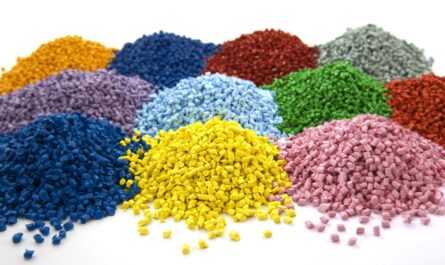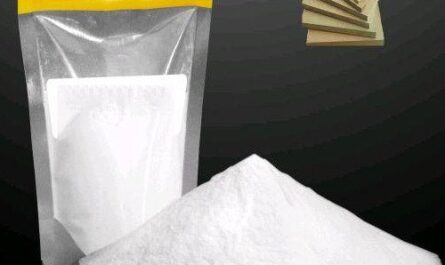What is Epoxy Resin?
Epoxy adhesive, also known as polyepoxide, is a thermosetting polymer that consists of organic compounds containing at least two epoxy groups. Epoxy adhesives may be reacted either with themselves through catalytic homopolymerization, or with a wide range of co-reactants including amines, acids, phenols, alcohols and thiols. These co-reactants are often referred to as hardeners or curatives.
The epoxy adhesive : It has grown steadily since the 1950s and 1960s, driven by the improving properties of Epoxy Resin adhesives such as good adhesion, chemical resistance, low shrinkage, and higher thermal and electrical properties compared to other thermoset polymers. Epoxy adhesives are utilized in various composite, adhesive, coating, and engineering application industries.
Key Properties of Epoxy Resin
Some of the important properties that have led to widespread industrial usage of epoxy adhesives include:
Adhesion: Epoxy adhesives bond very well to most materials including metals, wood, glass, stone and some plastics. This strong adhesion makes them suitable for structural bonding applications in automotive and aerospace industries.
Chemical Resistance: Epoxy adhesives have good resistance to a variety of chemical reagents such as acids, alkalis, salts and solvents. This property has resulted in the use of epoxy in industrial flooring and protective coatings applications.
Low Shrinkage: Epoxy Resin adhesives undergo very little shrinkage during curing, typically less than 3%. This translates to highly dimensionally stable molded components.
Thermal Properties: Epoxies have high heat deflection temperature in the range of 65-150°C depending on the specific formulation. They also have good thermal conductivity enabling their use in electronic encapsulation.
Electrical Properties: Epoxy materials demonstrate excellent electrical properties with very high insulating power and low dielectric losses. This has led to extensive use of epoxies in electrical insulation.
Mechanical Properties: Epoxy adhesives (along with hardeners) can produce strong, rigid thermosets with high tensile strength, compressive strength, impact resistance and hardness. Reinforced epoxy composites are finding increasing usage as structural components.
Applications of Epoxy adhesives
Given their versatile properties profile, epoxy adhesives are employed in a diverse range of commercial and industrial applications across many sectors:
Adhesives: Epoxy adhesives are widely used for structural bonding of metals, composites and other materials in automotive, marine, aerospace and other industries.
Coatings: Epoxy coating systems deliver corrosion protection and chemical/abrasion resistance for flooring, tank lining, pipelines etc. They are also used in powder coatings.
Composites: Epoxy matrix composites with fibers like carbon, glass etc. provide lightweight, high strength materials for wind turbine blades, boats, surfboards etc.
Tooling: Low viscosity epoxy casting resins are preferred for models, molds, master patterns and other prototype tooling applications.
Electronics: Epoxies encapsulate components in printed circuit boards and semiconductors owing to their thermal conductivity and moisture resistance.
Construction: Flooring, overlays, sealants etc. leverage epoxy’s bonding strength, toughness and durability for commercial/industrial uses.
Major Types of Epoxy adhesives
Epoxy adhesives come in many formulations based on their chemistry and curing agents used. The major commercial types include:
DGBEA (Diglycidyl Ether of Bisphenol-A): The most ubiquitous grade which delivers good properties at low-medium costs. It represents over 60% of the global
.Novolac: Offers high thermal and chemical resistance but is more brittle than DGBEA. Used in specialized high-performance applications.
Aliphatic: Has low viscosity, excellent flexibility and adhesion properties. Ideal for coatings exposed to sunlight.
Hybrid: Combines DGBEA with flexibilizing agents like rubber for applications requiring impact/vibration resistance.
Water-based: Water-dilutable systems reduce VOCs for coatings usage in confined areas.
Increased infrastructure spending worldwide is driving higher demand from the construction and composites sector.
Strict environmental regulations have boosted ‘green’ product development, pushing bio-based and water-based epoxy adhesive adoption.
Growing end-uses in wind power generation, aircraft components, and electric vehicles are opening new opportunities.
Price pressures due to raw material costs may require formulating advanced resin systems with enhanced properties.
Epoxy adhesives have established themselves as indispensable engineering materials across industries due to their versatile adhesive, protective and composite-making attributes. Ongoing research and new application areas ensure their continued importance in modern manufacturing.
*Note:
1. Source: Coherent Market Insights, Public sources, Desk research
2. We have leveraged AI tools to mine information and compile it




